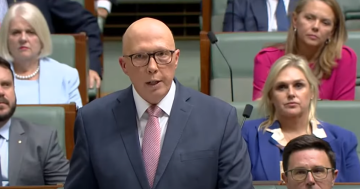 Rapid turnover within the United Kingdom’s Public Service is affecting its ability to deliver Government policy and plan for the future, according to the Institute for Government (IfG).
Rapid turnover within the United Kingdom’s Public Service is affecting its ability to deliver Government policy and plan for the future, according to the Institute for Government (IfG).
Delivering the think tank’s Annual Director’s Lecture, Bronwen Maddox said she shared former Prime Minister, Tony Blair’s recently-expressed view that the Government was losing the capacity to identify and solve the nation’s big problems.
She said a lack of expertise of both Public Servants and Ministers was a major factor.
“There are zones of Government where Ministers and their Civil Servants have little deep knowledge of their subjects and they have little understanding of the implications of making a bad decision,” Ms Maddox (pictured) said.
“A big part of that is because they change jobs too often.”
The IfG’s latest Whitehall Monitor report acknowledged that churn among Public Servants reduced during the pandemic, with around 8.4 per cent of officials either moving jobs or leaving the Public Service between March 2020 and March 2021 — down from 10.3 per cent the previous year.
However, IfG said the figures demonstrated that officials continued to move between jobs “too frequently”.
Ms Maddox said the expertise deficit in Government was highlighted by the UK’s chaotic Afghan evacuation efforts last year; 2020’s shambolic handling of the use of algorithms to generate A-level school examination results; and Lord Theodore Agnew’s scathing resignation comments about attitudes to fraud in HM Treasury.
“There is a state of complacency among Ministers and officials about those failings. Civil Service churn had a pernicious impact on Departments’ ability to function well,” she said.
“It was evident in the Afghan exit last summer, where quite a few of those dealing with petitions for help and evacuation were said to know little about the country.
“The big block of people who did had long before moved on,” Ms Maddox said.
London, 14 February 2022











